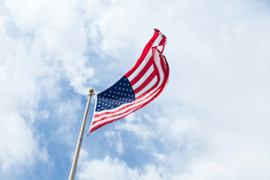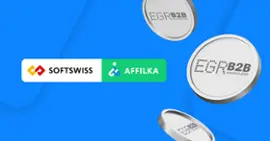Summary
- Bulgaria's gambling authority has reported that 54,000 individuals have self-excluded due to gambling problems.
- NAP has recently revised the minimum duration for self-exclusion.
- The exact number of problem gamblers in Bulgaria is still uncertain.
The National Revenue Agency (NAP) in Bulgaria has reported that 54,000 individuals have enrolled in the gambling regulator’s self-exclusion program. This program has been managed by NAP since the previous gambling regulator was disbanded in 2020.
54,000 Bulgarians seek help for their gambling by excluding themselves
The exact rate of gambling addiction in Bulgaria remains uncertain, with one study suggesting that 3% of the population is affected by gambling-related harm, though this figure is difficult to verify. According to self-exclusion statistics, only 0.8% of Bulgaria's 6.5 million residents have registered to limit their gambling activities. This still represents a significant number and may imply that a larger portion of the population is either unaware of or reluctant to use the service. There are no readily available national statistics on the potential number of people affected by gambling-related harm. Nonetheless, there have been positive developments in responsible gambling in Bulgaria. As of March 27, 2025, a change to the self-exclusion registry now requires individuals to self-exclude for a minimum of one year, an increase from the previous minimum of 30 days, which was deemed ineffective. Since 2022, comprehensive regulatory and legal reforms have enhanced gambling safety, although some critics have questioned lawmakers' sincerity in certain cases. In April 2024, a new law was passed affecting all media, including TV, radio, print, and the internet, marking a significant victory for advocates of problem gambling awareness.
Win some, lose some – lawmakers banned ads but made it easier to de-register
In a recent decision, lawmakers reduced the cool-off period for individuals wanting to remove themselves from self-exclusion registers from two years to just 30 days. Previously, someone wishing to resume gambling had to wait two years before reentering. Now, this process can be completed in just 30 days. Critics argue that a 30-day period is insufficient for individuals dealing with long-term addiction to thoughtfully reconsider their choices and develop habits to avoid gambling. In contrast, a two-year period provided ample time for reflection and treatment. Meanwhile, the NAP has simplified the process for people to join the self-exclusion register, allowing them to do so by sending an email to the agency. Applicants can select the duration of their exclusion, but from now on, this period cannot be less than one year.





























